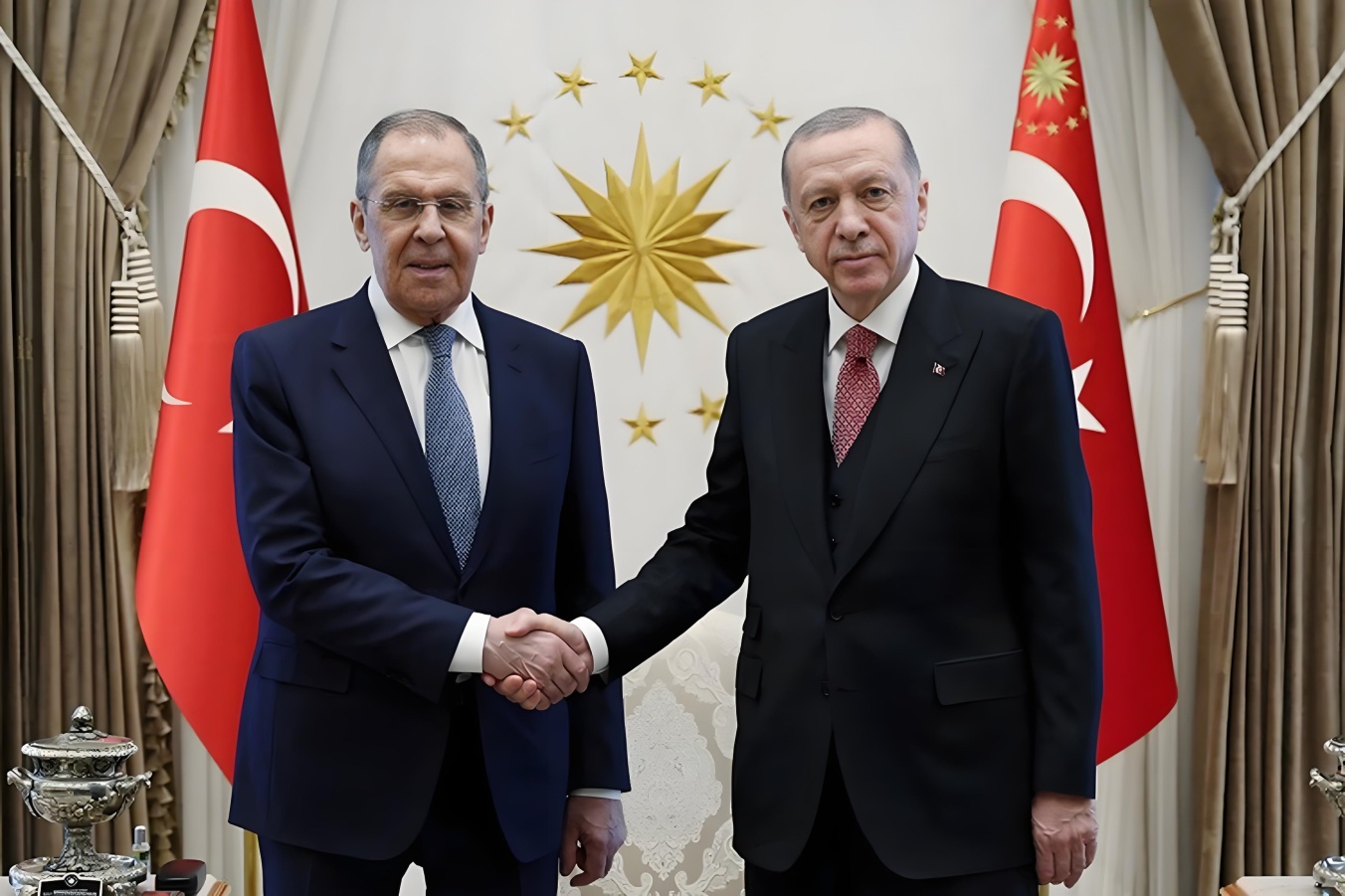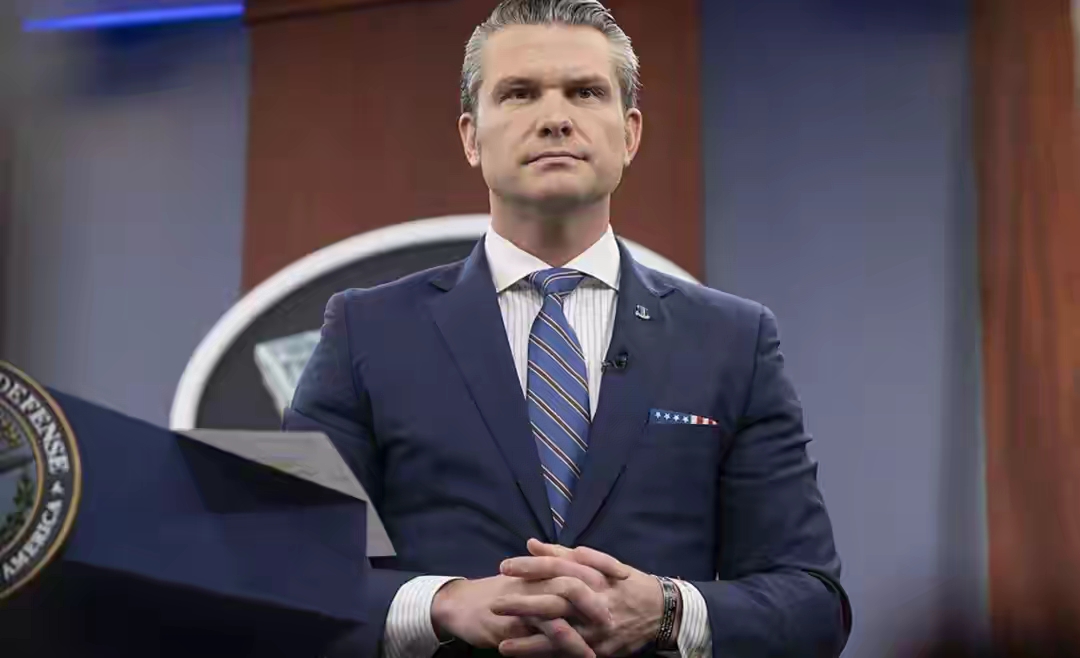
In the current ever - changing international situation, a highly anticipated diplomatic meeting is about to take place. The Turkish Foreign Ministry announced on February 23 local time that Russian Foreign Minister Sergey Lavrov will visit Ankara on February 24 and hold talks with Turkish Foreign Minister Hakan Fidan. This visit covers a wide range of contents, from the deepening of bilateral cooperation to the discussion of regional hotspot issues, all of which will become important topics for the two sides to exchange views, attracting high attention from the international community.
From the perspective of bilateral cooperation, there is huge potential for development in the trade field. As a major resource - rich country, Russia has abundant energy resources such as oil and natural gas. Turkey, located at the junction of Europe and Asia, has a superior geographical position and is an important trade hub. In recent years, the two sides have had close ties in energy trade. Russia's energy exports have provided a stable energy guarantee for Turkey's economic development. However, changes in the international situation have also brought challenges to bilateral trade. Factors such as international sanctions have affected the smooth progress of trade. During this meeting, the two sides are expected to conduct in - depth discussions on how to optimize the trade structure and expand trade channels, and seek new paths to achieve trade growth in the new environment.
Energy cooperation is an important cornerstone of the relationship between the two sides. Turkey has a strong demand for energy, and Russia's energy supply occupies an important position in Turkey's energy structure. However, the volatility of the energy market and geopolitical factors often bring uncertainties to the energy cooperation between the two sides. The two sides will hold consultations on details of long - term energy supply agreements, the construction and maintenance of energy transportation pipelines, etc., aiming to further stabilize the energy cooperation relationship and ensure the security and stability of energy supply, providing a solid support for the economic development of the two countries.
Tourism cooperation is also a highlight. Both Russia and Turkey are rich in tourism resources, and there is a mutual demand for tourism between the two peoples. In the past, Russian tourists were an important source of tourists for the Turkish tourism industry. However, due to geopolitical and pandemic factors, tourism cooperation between the two countries has been impacted. During this foreign ministers' meeting, it is expected to restart a new chapter in tourism cooperation, and discuss how to simplify visa procedures, strengthen cooperation in tourism promotion, promote the recovery and development of the tourism industries of the two countries, drive the prosperity of related industries, and enhance exchanges and understanding between the two peoples.
In terms of regional hotspot issues, the Russia - Ukraine conflict is undoubtedly the top priority. As one of the mediators of the Russia - Ukraine conflict, Turkey has been trying to play an active role between the two sides. Russia and Turkey have different interests in the Russia - Ukraine conflict, but there is also room for cooperation. Turkey hopes to maintain regional stability, safeguard its interests in the Black Sea region, and enhance its influence on the international stage by mediating the conflict. Russia hopes to safeguard its security interests and geopolitical interests in the process of resolving the conflict. The two sides will conduct in - depth exchanges on the latest situation of the Russia - Ukraine conflict and the peace settlement plan. Turkey may be able to play a greater role in promoting dialogue between the two sides and alleviating the tension of the conflict.
The situation in Syria is also complex and thorny. Russia is an important supporter of the Syrian government and has carried out military operations in Syria to combat terrorist organizations and safeguard Syria's sovereignty and territorial integrity. Turkey has its own security concerns in Syria, such as the issue of the Kurdish armed forces. The two sides have both differences and cooperation on the Syrian issue. During this meeting, the two sides will exchange views on issues such as the post - war reconstruction and political reconciliation process in Syria, and seek to reach more consensus on the Syrian issue to promote Syria towards peace and stability.
The Israel - Palestine issue has been continuously fermenting in the international community, affecting the nerves of all parties. Both Russia and Turkey are concerned about peace and stability in the Israel - Palestine region and have a common stance on the Israel - Palestine issue, that is, supporting the settlement of disputes through peaceful negotiations and the realization of peaceful coexistence between Israel and Palestine. The two sides will discuss in the meeting how to play a greater role in the international community, promote the two sides of Israel and Palestine to return to the negotiating table, ease the regional tension, and contribute to the peace and development of the Israel - Palestine region.
The visit of Russian Foreign Minister Sergey Lavrov to Turkey this time is of far - reaching significance. Whether it is the deepening of bilateral cooperation or the discussion of regional hotspot issues, it will have an important impact on the relations between the two countries as well as the regional and international situations. The international community is waiting with bated breath, looking forward to positive results in the talks between the two sides and injecting new impetus into world peace and development. Subsequently, the specific results of the talks between the two sides and how these results will be implemented in practice are all worthy of our continued attention.

Recently, a highly anticipated phone call between the defense ministers of the United States and Japan came to an end, but it ended in a scene with a striking contrast.
Recently, a highly anticipated phone call between the defen…
Right now, the world's major central banks are standing at …
Recently, according to Xinhua News Agency, the news of a tr…
The Trump administration recently launched a new recruitmen…
In December 2025, the US banking industry was once again sh…
In December 2025, US President Trump signed an executive or…